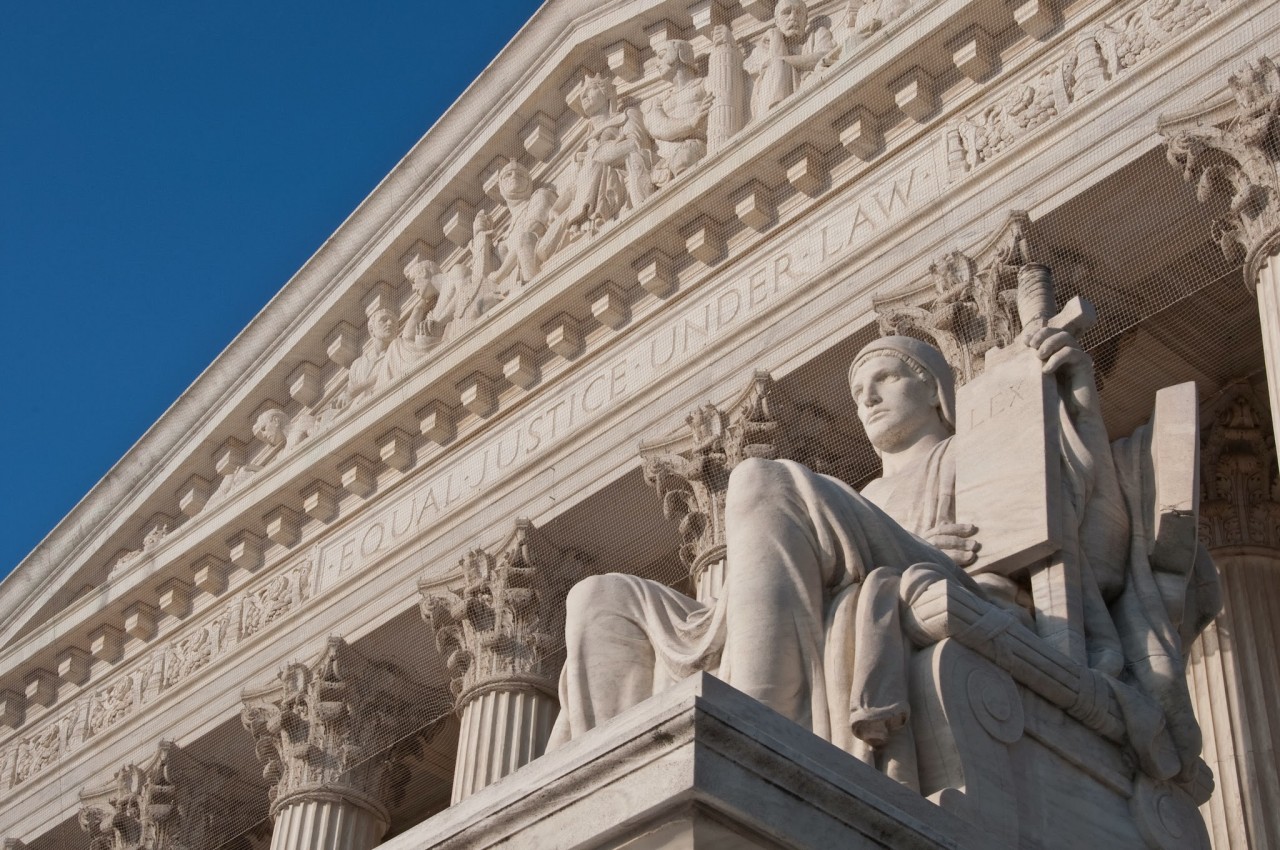WASHINGTON (BP) – The U.S. Supreme Court struck down Monday (June 27) a state legislature’s effort to hold abortion providers responsible for the protection of women who use their services.
In a 5-3 opinion, the high court ruled that portions of a Texas law regulating abortion doctors and clinics constitute an “undue burden” on a woman’s right to abort her child and are therefore unconstitutional.
The high court’s reversal of the Fifth Circuit Court of Appeals in New Orleans invalidated requirements that an abortion clinic meet the health and safety standards of other walk-in surgical centers and an abortion doctor must have admitting privileges at a nearby hospital in case a woman needs emergency admission.
Pro-life advocates expressed deep disappointment at the decision.
“Today we lament another legal victory for the abortion lobby, coming at the expense of children, women and families,” Russell Moore, president of the Southern Baptist Ethics & Religious Liberty Commission (ERLC), said in a written statement. “Keeping abortion providers accountable should not be a political wedge issue.
“This ruling is further proof how much more work the pro-life movement has to do in the cause of life and human dignity.”
Anthony L. Jordan, executive director-treasurer for the Baptist General Convention of Oklahoma, today released the following statement following the Supreme Court’s decision:
“Today’s Supreme Court ruling against Texas’ pro-life law is bad for women and unborn children everywhere. The common-sense law by our neighboring state should have been upheld. We will persevere, by God’s grace, in our efforts to protect all human life.”
Steven Aden, senior counsel for Alliance Defending Freedom, said in a written release, “Abortionists shouldn’t be given a free pass to elude medical requirements that everyone else is required to follow.
“The law’s requirements were commonsense protections that ensured the maximum amount of protection for women, who deserve to have their well-being treated by government as a higher priority than the bottom line of abortionists. Any abortion facilities that don’t meet basic health and safety standards are not facilities that anyone should want to remain open.”
Associate Justice Anthony Kennedy, often a swing vote in divisive cases, joined the court’s liberal bloc – Associate Justices Ruth Bader Ginsburg, Stephen Breyer, Sonia Sotomayor and Elena Kagan – in the majority. Chief Justice John Roberts and Associate Justices Clarence Thomas and Samuel Alito dissented.
Had the justices split 4-4, the Fifth Circuit ruling would have been upheld in its jurisdiction, but it would not have established a precedent or been controlling in the rest of the states. The Fifth Circuit consists of Louisiana, Mississippi and Texas. The court has only eight justices because of the February death of Associate Justice Antonin Scalia.
In its past abortion decision-making, the high court has permitted states to regulate aspects of abortion practice to protect the lives and health of women. The standard provided by the justices in determining a restriction’s constitutionality is whether a law is an “undue burden” on a woman seeking an abortion. The justices adopted that test in their 1992 Planned Parenthood v. Casey opinion.
Twenty-two states have enacted laws that require abortion doctors to have admitting privileges and/or transfer agreements with hospitals, according to the National Right to Life Committee. The number of states that have requirements for abortion clinics similar to those of ambulatory surgical centers is also 22, the Guttmacher Institute has reported.
The ERLC and the Southern Baptists of Texas Convention (SBTC) joined four other groups in a friend-of-the-court brief that urged the justices to affirm the Texas law. The Christian Life Commission of the Missouri Baptist Convention signed on to another brief in support of the requirements.
The decision came in Whole Woman’s Health v. Hellerstedt.





